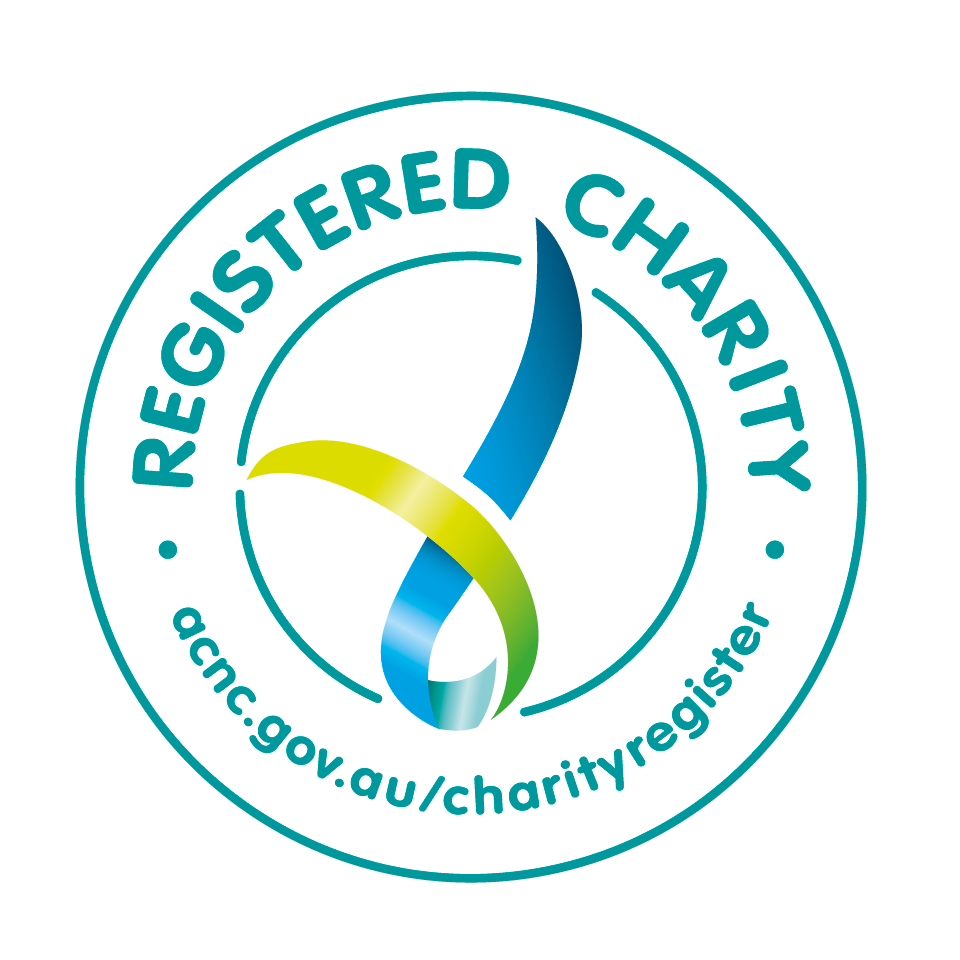ACECQA and NQF Frameworks
The Australian Children’s Education and Care Quality Authority (ACECQA) is the independent national authority that assists governments in administering the National Quality Framework (NQF) for children’s education and care.
The National Quality Framework (NQF) provides a national approach to regulation, assessment and quality improvement for early childhood education and care and outside school hours care services across Australia.
The NQF Framework continues to align with the National Principles for Child Safe Organisations and QLD 10 Child Safe Standards.
EMBEDDING THE NATIONAL CHILD SAFE PRINCIPLES
Changes to the Education and Care Services National Law and National Regulations relating to embedding Child Safe Principles will commence from 1 October 2023.
WHY ARE THE REQUIREMENTS CHANGING?
Children’s education and care is already subject to a robust regulatory scheme to ensure and promote the safety, health, and wellbeing of children.
A number of gaps were identified through the NQF Review, in response to which governments decided to introduce some additional specific measures to improve child safety and meet community expectations for the wellbeing of children.
The changes ensure the NQF remains current and approved providers and services embed the Child Safe Principles into their organisations and service operations.
Services that implement a child safe culture demonstrate their leadership and commitment to child safety and wellbeing. This promotes confidence for children, families, and communities that the service provides safe environments where children’s rights, needs and interests are of paramount consideration.
















![ccyp-logo.vIAZNKXHynWmr7zuuqXQag[1]](https://www.childsafe.org.au/wp-content/uploads/2022/12/ccyp-logo.vIAZNKXHynWmr7zuuqXQag1.png)
